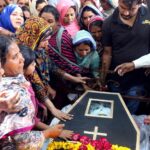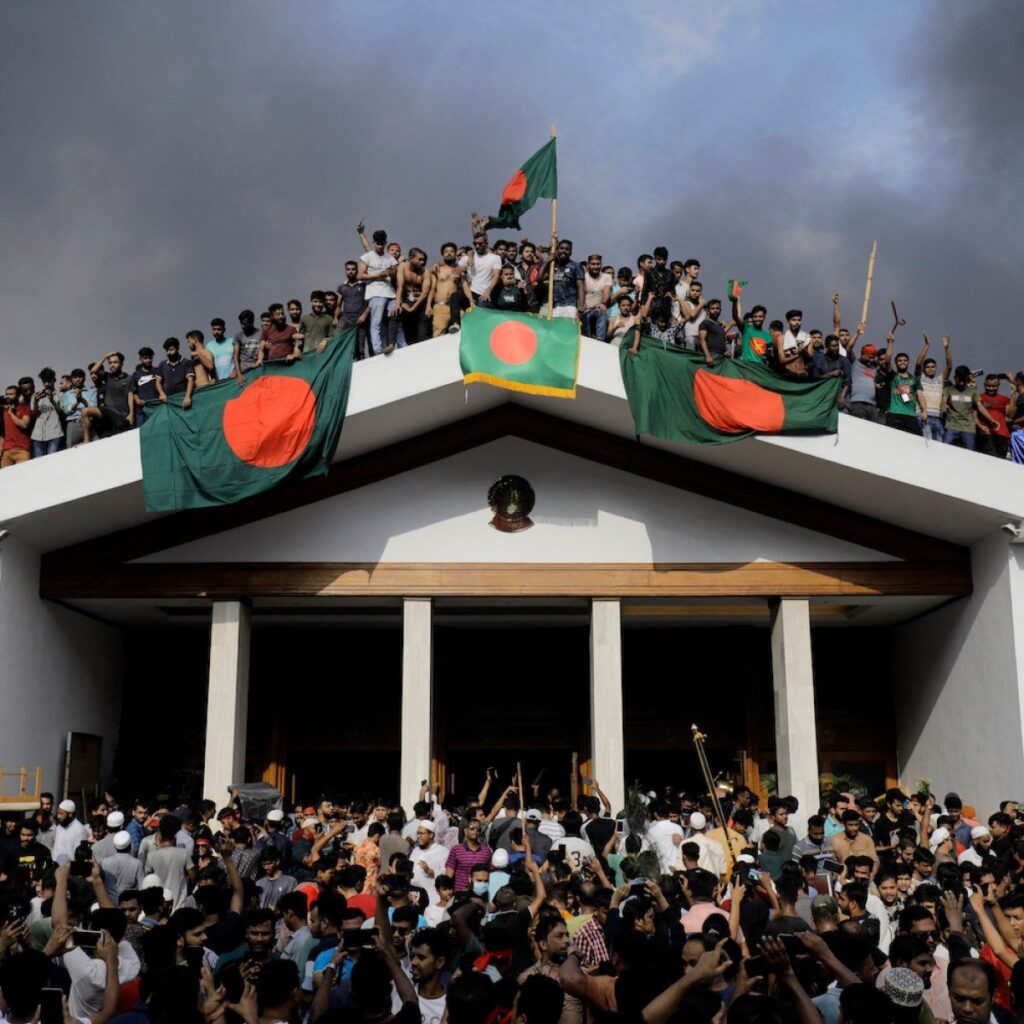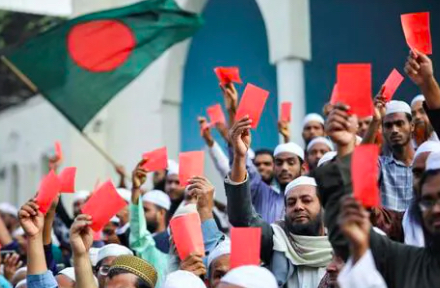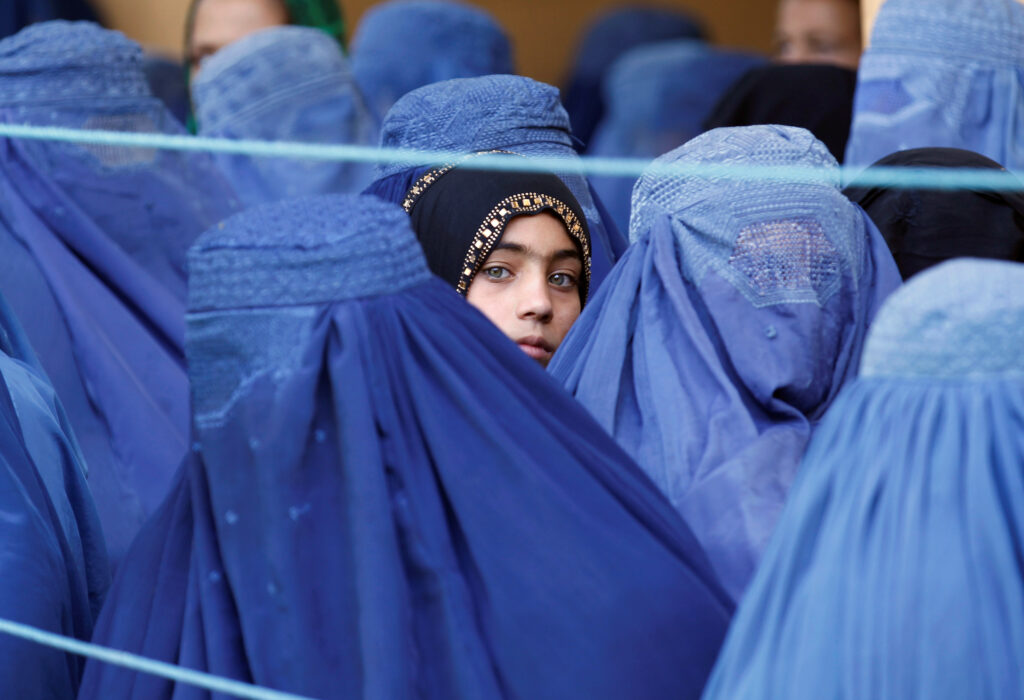MANTRAYA POLICY BRIEF#16: 13 JUNE 2016
ANAND ARNI
Abstract
In Pakistan, the Sharifs- Prime Minister Nawaz and Army Chief Raheel have tried to outmanoeuvre each other. While many would expect the civilian government to be subdued almost instantly in a country where the military dictates terms, Nawaz’s own tactics have helped him to endure. And with barely six months to go before Raheel retires, there is no clear winner.
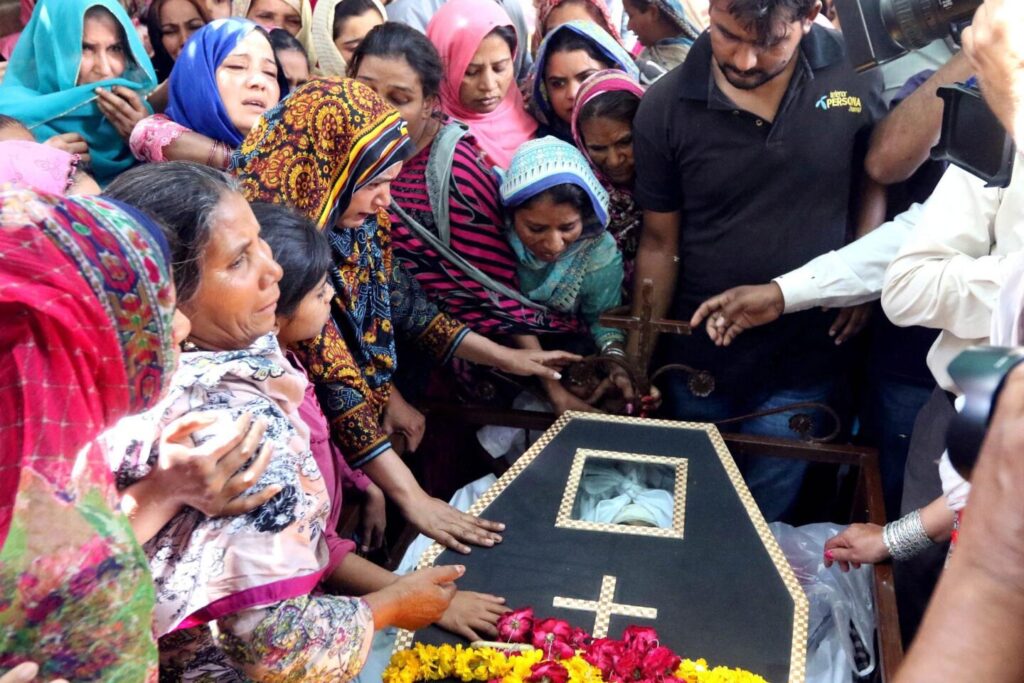
Hours after a bomb attack in Lahore on a Christian gathering celebrating Easter in March 2016 which killed 75 and injured 350, Pakistan’s Army Chief General Raheel Sharif ordered a counter terror operation in Punjab. The first reports seemed to suggest a link with terrorists in southern Punjab and this was the catalyst which forced the Punjab government, initially seen as dragging its feet, to support the military operation.
A day or so later, a faction aligned to the Tehrik-e-Taliban Pakistan (TTP) claimed responsibility and, despite this, the army and the police carried on with the operation killing five and arresting over 5,000. The focus then shifted to hunting criminals in the Rojhan area of Rahim Yar Khan.
This operation had originally been given to the Police who mishandled it resulting in the death of one child, six officers and with 25 taken hostage. The Police then asked for air support from the military which took full control of the operation called Zarh-e-Ahan on April 15. The Army using 1,500 troops including special forces, 1,000 paramilitary troops and 1,600 police personnel and helicopter gunships forced the leader of the group to surrender.
The refrain which accompanied this operation was familiar, Chotu the gang leader was said to have ties with Baloch insurgents, the TTP and even the R&AW. This follows similar claims made about R&AW support to Baloch insurgents, the MQM and even the TTP.
The Pakistan Army has fabricated evidence on the alleged Indian involvement in Pakistan’s internal affairs. The Kulbhushan Jadav case is one example where Jadav, a former Naval officer, was paraded as a R&AW agent caught while on a mission to contact Baloch insurgents. It strains credulity to imagine that the R&AW, or even any intelligence agency, would send its operative on a mission on a passport without a visa and expect him to find his way back. Jadav, according to Western sources, had been kidnapped by the Taliban and sold to the ISI. Jadav was seated in a fashion suggestive of participating in a friendly discussion, not an interrogation. There are many loop holes in the Pakistani version and expert opinion of his so-called confession indicates that it is heavily doctored. A formal Indian view will be presented once consular access to Yadav, which has so far not been granted, is permitted.
It is even more peculiar that Gen Raheel Sharif has been convenient with the truth. While the Pak Army machinery has often churned out false and baseless propaganda, the Army chief has never stepped out in this fashion. Raheel Sharif angered the Iranians by suggesting that they knew about Jadav’s activities. His propaganda machinery even went to the extent of alleging that two Indian business visitors to a sugar mill owned by Prime Minister Nawaz Sharif were part of Jadav’s group. He has also claimed that R&AW was bent on supporting insurgents and disrupting the China-Pakistan Economic Corridor (CPEC).
Nawaz looks at India as a way out, Raheel seems to look at China. By launching the Punjab operation, Raheel is, therefore, trying to secure the security and safety of activity along the key highways.
It is not entirely clear what Raheel Sharif’s motives are. One speculation is that it has to do with Pakistan’s geo-strategic ambitions. The US administration is likely to go into deep slumber for the remainder of Obama’s term and then for a year thereafter till the new administration comes to grips with the situation. Pakistan desperately needs new resources. This version holds that while Nawaz looks at India as a way out, Raheel seems to look at China. By launching the Punjab operation, Raheel is, therefore, trying to secure the security and safety of activity along the key highways where Chotu and his gang operate. His comments about R&AW involvement with Baloch insurgents and the MQM are to pave the way for operations in Balochistan and Sindh.
The CPEC is scheduled to be completed ahead of that envisaged with the first part operative in 2017-18. Raheel himself announced that the first cargo from China will reach Gwadar this year. To ensure the safety and security of Chinese engineers and workers the Pakistan military is raising a Special Security Division (SSD), consisting of nine army battalions and six wings of the civil armed forces. Unhappy with the slow progress, the Army is trying to push itself into the CPEC with the establishment of a CPEC authority. It has also sought to bring the CPEC into the National Action Plan, Pakistan’s counter-terrorism policy adopted last year.
The launch of the National Action Plan in Punjab is meant to undermine the Nawaz Sharif administration. Already, given the dismal failure of the police in its operation, the Army is seen as more professional and Raheel as a virtual national hero.
Part of the reason for this enhanced focus on the CPEC is because problems loom in Pakistan’s relationship with the US and all directly attributable to policies dictated by the Army. The US Congress has stayed a deal under which Pakistan was to get eight F-16 aircraft. Under the terms of the deal, Pakistan was to pay $ 270 million and the US was to provide the rest from its Foreign Military Financing fund. The Congress has refused to permit the administration from using US funds and the State department has formally informed Pakistan that it would have to use its own funds.
There is another scenario being suggested. The launch of the National Action Plan in Punjab is meant to undermine the Nawaz Sharif administration. Already, given the dismal failure of the police in its operation, the Army is seen as more professional and Raheel as a virtual national hero. Somewhere along the way the anti-terrorism content has been lost sight of, Jaish-e-Mohammad’s Maulana Masood Azhar who stands accused of plotting against former President Musharraf is in ‘protective custody’ but his group has not been touched. The Lashkar-e-Toiba continues to operate unhindered. Hafiz Saeed has been openly addressing congregations. As many as 5,005 of the 5,221 arrested have been released without charge.
Despite the Army’s presence in all provinces and what looks like tacit support to Imran Khan on the Panama papers, Nawaz Sharif is showing some resilience. Part of the reason could well be with the fact that Raheel Sharif has six months to go and there would be many pretenders to the future throne and this is something that Nawaz understands.
(Anand Arni, a member of the advisory board of MISS, was a career intelligence officer who served in the Research & Analysis Wing, India’s external intelligence, for 37 years, retiring in 2012 as the number two. Opinions expressed here are that of the author.)

